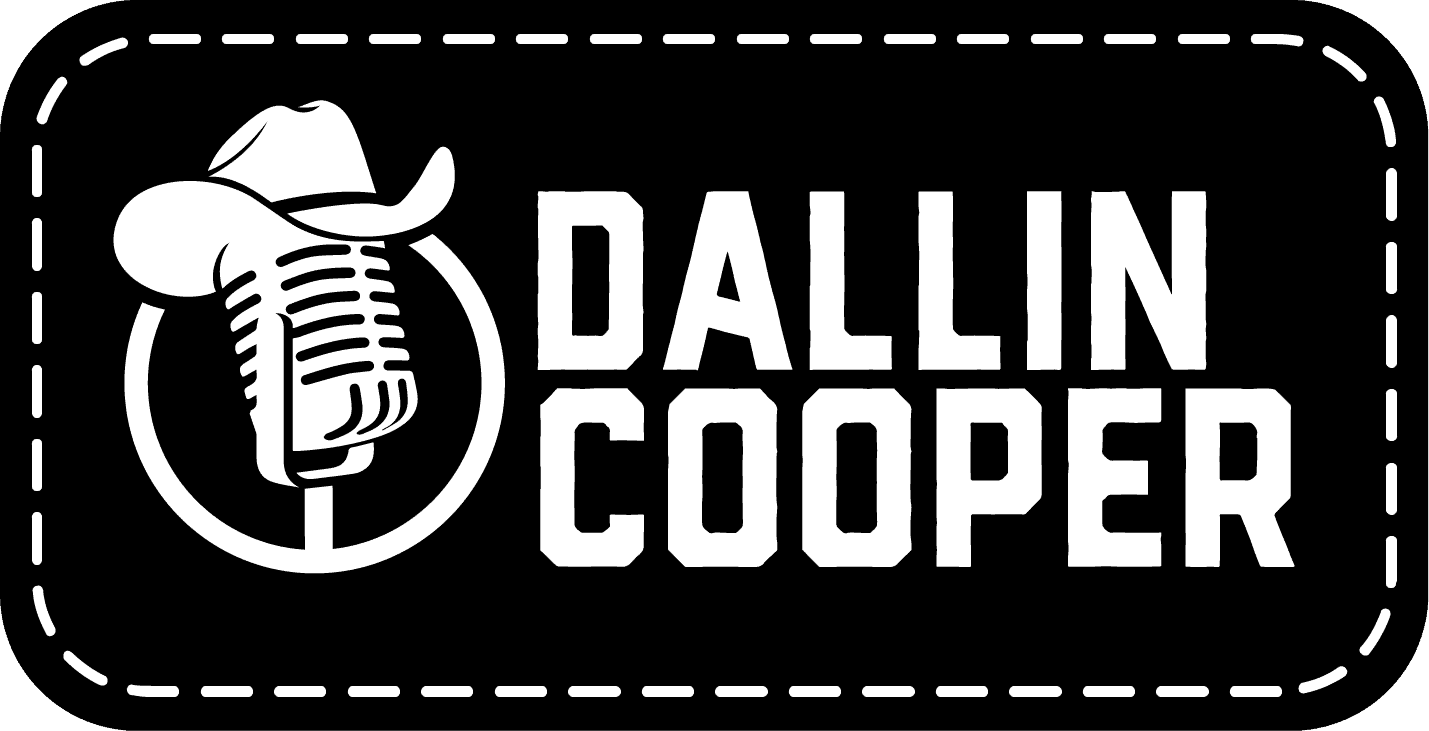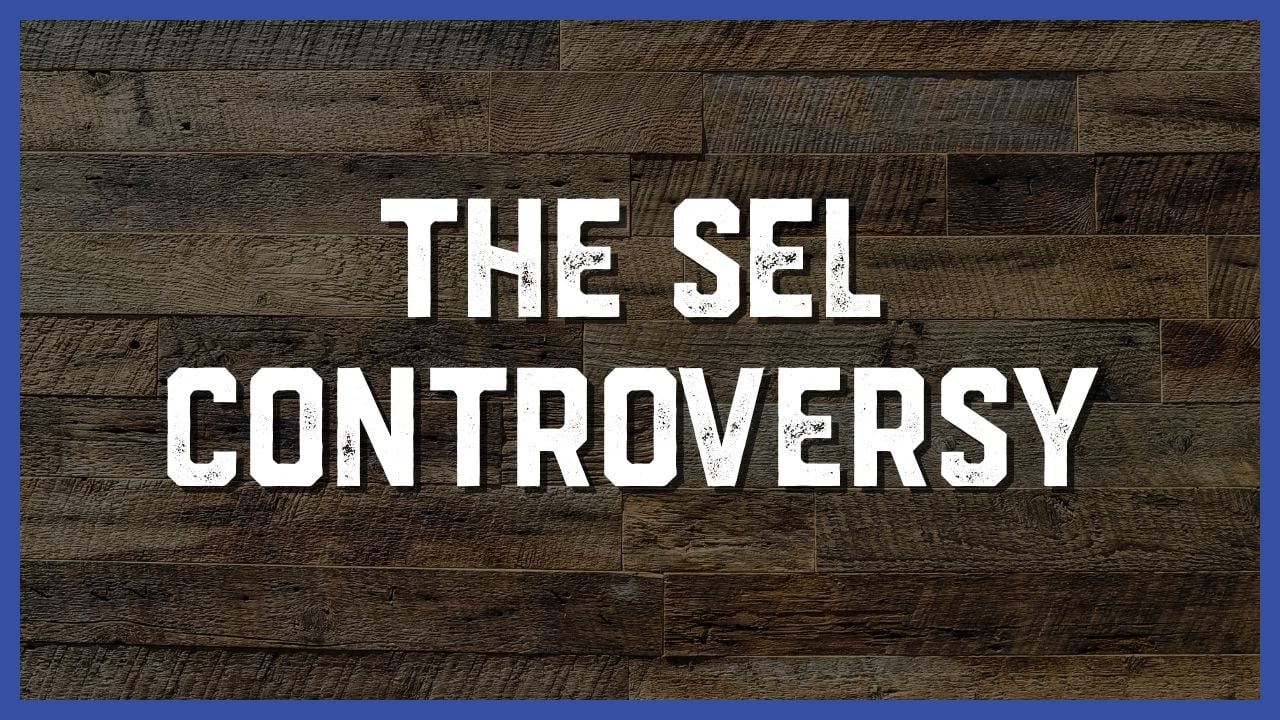Social-emotional learning (SEL) is the process of developing the self-awareness, self-management, social awareness, relationship skills, and responsible decision-making skills needed to succeed in school, work, and life. Many schools have implemented SEL programs to teach these skills to their students.
While everyone can agree that having more mature, socially aware students is a good thing, SEL has become a controversial topic. Because SEL is used to broadly refer to a wide variety of incredibly different topics, a school saying that it has an “SEL program” or “SEL training” could mean a variety of things. Some people believe that SEL is a way to indoctrinate children with liberal ideology. Others recognize the value of social-emotional skills but believe that these skills should be taught at home and have no place in schools.
What is Social Emotional Learning?
SEL is a broad term that encompasses a variety of skills and concepts. Some of the key components of SEL include:
- Self-awareness: The ability to understand one’s own emotions, thoughts, and values.
- Self-management: The ability to regulate one’s emotions and behaviors in a positive way.
- Social awareness: The ability to understand and empathize with the emotions and perspectives of others.
- Relationship skills: The ability to build and maintain positive relationships with others.
- Responsible decision-making: The ability to make choices that are in one’s own best interest and the best interest of others.
What Are the Benefits of Social-Emotional Learning?
SEL is important for a number of reasons. First, it can help children develop the skills they need to succeed in school and in life. Children who are good at managing their emotions, resolving conflicts, and working with others are more likely to do well in school and in their careers.
Second, SEL can help to prevent problems such as bullying, violence, and substance abuse. Children who are taught SEL skills are more likely to have positive relationships with their peers and to make healthy choices.
Third, SEL can help promote positive mental health. Children who are good at managing their emotions are less likely to experience anxiety, depression, and other mental health problems.
There is a growing body of research that supports the benefits of SEL. Studies have shown that SEL can improve academic achievement, reduce problem behaviors, and promote positive mental health.
For example, one study found that students who participated in an SEL program had higher grades and test scores than students who did not participate in the program. Another study found that students who participated in an SEL program were less likely to be involved in bullying or violence.
What Are the Criticisms of Social-Emotional Learning?
The criticisms of SEL are just as valid as the benefits. There are four major areas of controversy.
- SEL is ideological. As schools have increasingly become a political battleground, many are concerned that SEL programs are an excuse to indoctrinate children with liberal ideology. This is actually a fairly recent development. Before 2020, SEL initiatives were generally bi-partisan and tried to focus on universal skills that everyone benefits from. In 2020, The Collaborative for Academic, Social, and Emotional Learning (CASEL), the largest contributor to the SEL industry, introduced “Transformative SEL”. In Transformative SEL, instead of focusing primarily on skills like self-awareness, self-management, and social awareness, a plethora of new items were added. For example, self-awareness became tied to identity and intersectionality, which are much more ideologically loaded concepts. This injection of politically charged language and concepts pushed conservative parents and school districts away from SEL programs.
- SEL is invasive. Many SEL programs involve surveys or other forms of asking fairly invasive questions about family, beliefs, or sexuality. Rightfully so, many parents have concerns about their privacy and the privacy of their children.
- Teachers aren’t therapists. You need a license to practice therapy. Despite that, countless SEL programs will advise teachers to help students address their latent “traumas” or otherwise counsel them. While it’s quite common for students to feel more comfortable talking with trusted teachers than with parents or school counselors, most teachers are not qualified to give actual therapy. They should listen and be there for students, but when the students are in need, the teachers should be getting them to the actual licensed counselors. Too often, SEL programs encourage the opposite.
- SEL is important, but it should happen in the home. This is likely the weakest of the four concerns, primarily because it reflects an ideal more than reality. Yes, social-emotional learning should be happening in the home, but unfortunately, not every student has the privilege of a home life that will give them those skills. Should it be the school system’s job to teach them? No. Is it often the only place that will? Yes.
These are all very legitimate concerns for parents and teachers, and they shouldn’t be discounted. So is there a way we can get the benefits of SEL without these controversial detriments?
And, of course, the answer is yes.
What Is the Future of Social-Emotional Learning?
Despite the criticisms, SEL is a growing field of research and practice, and it isn’t going away anytime soon. There is a growing consensus that SEL is an important part of education, and many schools are incorporating SEL into their curriculums.
The future of SEL is likely to be shaped by parents, educators, and administrators. They are the ones that will decide what programs take place in their schools.
As someone who teaches both students and educators the social awareness and communication skills that would qualify as “SEL”, I can say from experience that there are some great people in the industry that can provide the fantastic benefits that come with social-emotional learning, but without all the controversial or ideological elements.
If you’d like that kind of instruction in your school, reach out to me at 307-851-7250. Even if my programs aren’t a fit for your school I would be happy to recommend some trusted colleagues who can help you reach your goals.


